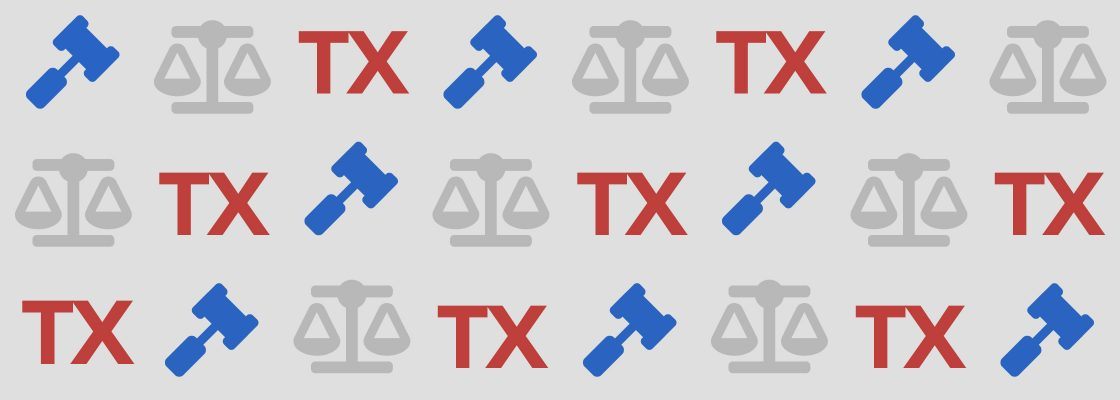A big state like Texas deserves a big statute on medical marketing, right? Well, the Lone Star State really delivered with this collection of rules on healthcare PR and marketing. While the regulations are long, they are very clear about what physicians need to do to stay on the right side of the law, offering a refreshing amount of certainty in the sometimes gray area of appropriate physician advertising statements. Consult with your legal counsel to learn more about all of the laws that apply to your medical marketing efforts.
More Information
Oversight Body:
Texas State Board of Medical Examiners
Reference Citation:
22 TX ADC §§ 164.1 – 164.5
Sample Best Practices
We’ve developed some sample best practices to help you get started discussing your medical marketing with your legal counsel in more detail. Find out if you need to take steps to avoid the following:
- Disseminating or causing the dissemination of any advertisement that is in any way false, deceptive, or misleading.
- Making material false claims or misrepresentations of material facts which cannot be substantiated.
- Omitting material facts.
- Creating an unjustified expectation about the results of a health care service or procedure.
- Advertising or assure a permanent cure for an incurable disease.
- Comparing your services with another health care professional’s services unless the comparison can be factually substantiated.
- Advertising professional superiority or the performance of professional service in a superior manner if the advertising is not subject to verification.
- Publishing a testimonial that includes false, deceptive, or misleading statements, or fails to include disclaimers or warnings as to the credentials of the person making the testimonial.
- Including photographs or other representations of models or actors without explicitly identifying them as models and not actual patients.
- Causing confusion or misunderstanding as to your credentials, education, or licensure.
- Representing that health care insurance deductibles or copayments may be waived or are not applicable to health care services to be provided if the deductibles or copayments are required.
- Representing that the benefits of a health benefit plan will be accepted as full payment when deductibles or copayments are required.
- Stating that a service is free when it is not, or make untruthful or deceptive claims regarding costs and fees.
- Taking advantage of the fears or emotions of a particularly susceptible type of patient.
- Advertising using a name, title, or identification that is expressly or commonly used by another profession or professional.
- Claiming that you have a unique or exclusive skill without substantiation of such claim.
- Engaging in uninvited solicitation of a given population.
- Failing to disclose the fact of giving compensation or anything of value to representatives of the press, radio, television or other communicative medium in anticipation of or in return for any advertisement, article, or infomercial, unless the nature, format or medium of such advertisement makes the fact of compensation apparent.
- Using photographs or other representations of actual patients are used in advertising that would communicate facts, data, or information which may identify the patient without first obtaining patient consent.
- Failing to retain a recording of every advertisement communicated by electronic media, a copy of every advertisement communicated by print media, and a copy of any other form of advertisement for a period of two years from the last date of broadcast or publication.
- Using the term “board certified” in any advertising unless the specialty board that conferred the certification and the certifying organization is a member board of the American Board of Medical Specialties, or the Bureau of Osteopathic Specialists, or is the American Board of Oral and Maxillofacial Surgery.
- Showing patient before and after photos without indicating that results vary and the results shown are not a guarantee.
Is your website following best practices when it comes to medical marketing? Find out by downloading our free Website Compliance Checklist!
Download Free ChecklistPlease help us keep these pages up to date. If you or your legal counsel notice an oversight in our comments or a problem with this page, please alert us by email. Also, be sure to read our legal disclaimer.
« Back to Medical Marketing Laws


Leave a Comment